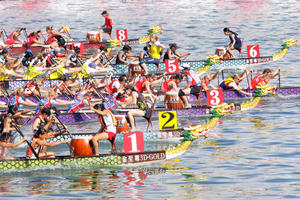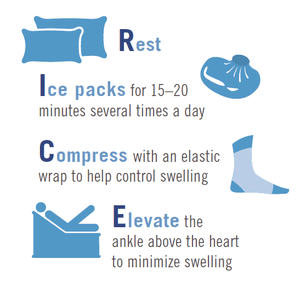How to Prepare for a Competition Abroad
Preparing for a competition in another country takes weeks in advance to properly adapt the body to new environmental conditions. There are a number of aspects to consider when travelling abroad such as the climate, elevation, pollution, accommodations, food, water, vaccinations, and emergency plans.
Jet Lag
Nutrition
Travelling in another country entails eating a wide variety of exotic foods. Avoid risk of food contamination by avoiding tap water with ice, peeled fruits, shellfish, and buffet style meals. Bring a water filter or water purification tablets. It is recommended to eat foods that are similar to the foods you would eat at home. Scout potential restaurants nearby and determine what to items to pack if necessary.
Avoid high-fiber foods before competition and limit fat as well as protein intake prior to activity. Consume carbohydrates such as bread, rice, or pasta prior to competition. Eat a large meal at least 3 to 4 hours before the competition to allow for adequate digestion. A small snack will take approximately 1 hour to be properly digested.
Emergency Plan
Ensure the coaching staff, medical aids, and/or you yourself are familiar with the medical personnel at the facilities as well as the ambulance and emergency procedures. Apply for the appropriate travel insurance. Remember to pack any required medications and a small first-aid kit. For any acute sprains, immediately rest, apply ice, compress, and elevate the injured part. This is known as the R.I.C.E. method.
Climate
For colder environments, wear layers of clothing with the innermost layer being made out of lightweight polyester or polypropylene, the middle layer made out of polyester fleece or wool, and the outer layer as protection from the wind or rain. Use clothing vents and adjust insulation to reduce sweat accumulation. Only wear the outer layer if it is windy or rainy.
For warmer environments, wear breathable, lightweight materials and protect yourself from the sun with proper coverage by wearing a hat, sunglasses, long sleeves or a thin jacket. Bring sunscreen and proper footwear.




